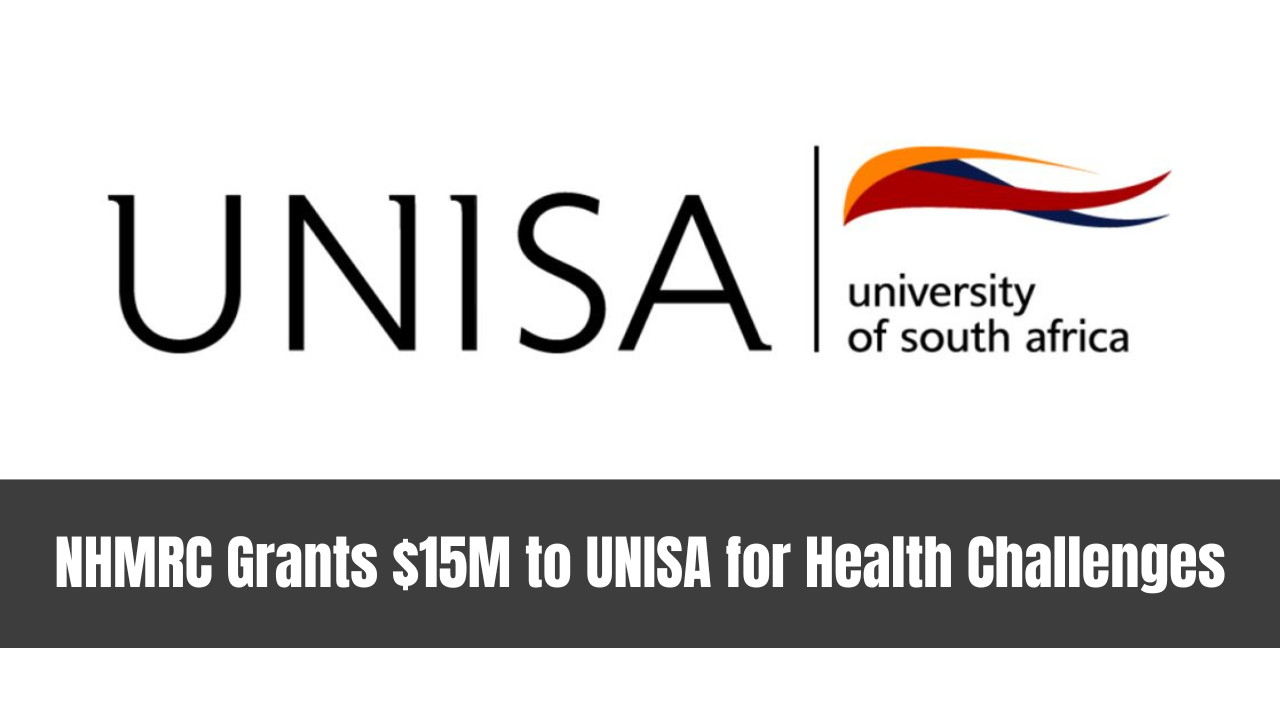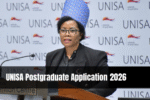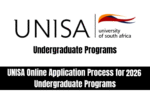NHMRC Grants $15M to UNISA for Health Challenges. The University of South Australia (UniSA) has recently been awarded a significant research grant by the National Health and Medical Research Council (NHMRC). Valued at $15 million, this grant supports innovative projects aimed at addressing some of Australia’s most pressing health challenges.
Transforming Nutritional Epidemiology for Brain Health
Professor Hypponen leads a groundbreaking research initiative focused on transforming nutritional epidemiology. By integrating methods from epidemiology, statistical genetics, and machine learning, the project aims to strengthen the evidence linking diet to health. The initial focus will be on brain health and dementia risk, with broader applications to chronic conditions.
Improving Aged Care through Real-World Data
Professor Caughey research addresses the urgent need for quality improvements in aged care, as recommended by the Aged Care Royal Commission. Leveraging a national data platform, the Registry of Senior Australians, the project aims to inform policies and enhance care delivery for Australia’s aged population.
Genetic Basis of Lymphatic Vascular Disease
Professor Harvey research delves into the genetic and developmental foundations of human lymphatic vascular disease. By defining the genes and events underlying these disorders, the project seeks to pave the way for the development of therapeutic agents for complex lymphatic disorders.
Novel Insights into Blood Cell Production in Lymphatic Vessels
Dr. Kazenwadel research challenges the current understanding of blood cell production. The groundbreaking discovery that cells lining lymphatic vessels can produce blood cells opens new possibilities for understanding and addressing conditions such as anaemia, infection, immunity, and potentially cancer.
Investigating a Regulator of Mast Cell Activation and Urticaria Development
The project led by an expert in chronic spontaneous urticaria (CSU) aims to elucidate the role of a novel regulator in IgE-mediated mast cell activation and CSU development. This research holds promise for advancing our understanding of CSU and angioedema, leading to improved treatment strategies.
Micro-Targeting Glioblastoma Microenvironment
Focusing on brain cancer, this project aims to remodel the glioblastoma microenvironment using the latest advancements in cell and gene therapy. The research team seeks to apply cutting-edge developments to address the challenges associated with the limited treatment options and poor survival rates of aggressive brain tumors.
Predicting Delirium Vulnerability in Pre-Surgery Neurophysiological Measures
Addressing the common occurrence of delirium after surgery, this study aims to identify patterns of brain activity associated with increased delirium risk. The ultimate goal is to enhance patient care and enable targeted prevention efforts for this sudden impairment in thinking skills.
Personalized Treatments for KCNT1 Neurological Disorders
This research project explores the potential of FDA-approved drugs to counteract the effects of KCNT1 mutations causing severe seizures and early death. The findings could accelerate the development of novel treatments for patients with KCNT1 neurological disorders.
Neural Crest Cells in Heart Development and Congenital Cardiac Defects
Examining the role of neural crest cells in heart development, this project seeks to uncover new insights into cell signaling events crucial for correct heart formation. The research aims to shed light on how disruptions in signaling mechanisms contribute to congenital heart defects.
Targeting Glioblastoma Invasion through the CD47
Investigating the CD47:SIRPA axis, this project focuses on understanding how brain tumor cells reprogram to invade healthy brain tissue and suppress immune activity. The results could lay the groundwork for innovative treatments reducing tumor cell invasion and facilitating immunotherapy.
Conclusion
UniSA success in securing the $15 million NHMRC grant underscores its commitment to pioneering research that addresses critical health challenges. The diverse range of projects reflects the university’s dedication to advancing scientific knowledge and finding practical solutions with far-reaching implications for healthcare and well-being.










